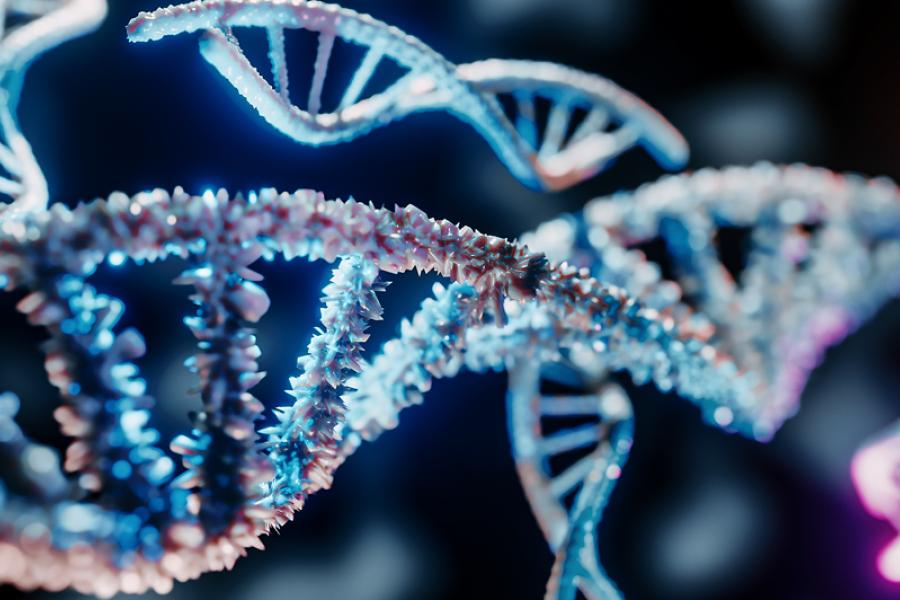Department of Biochemistry & Molecular Pharmacology
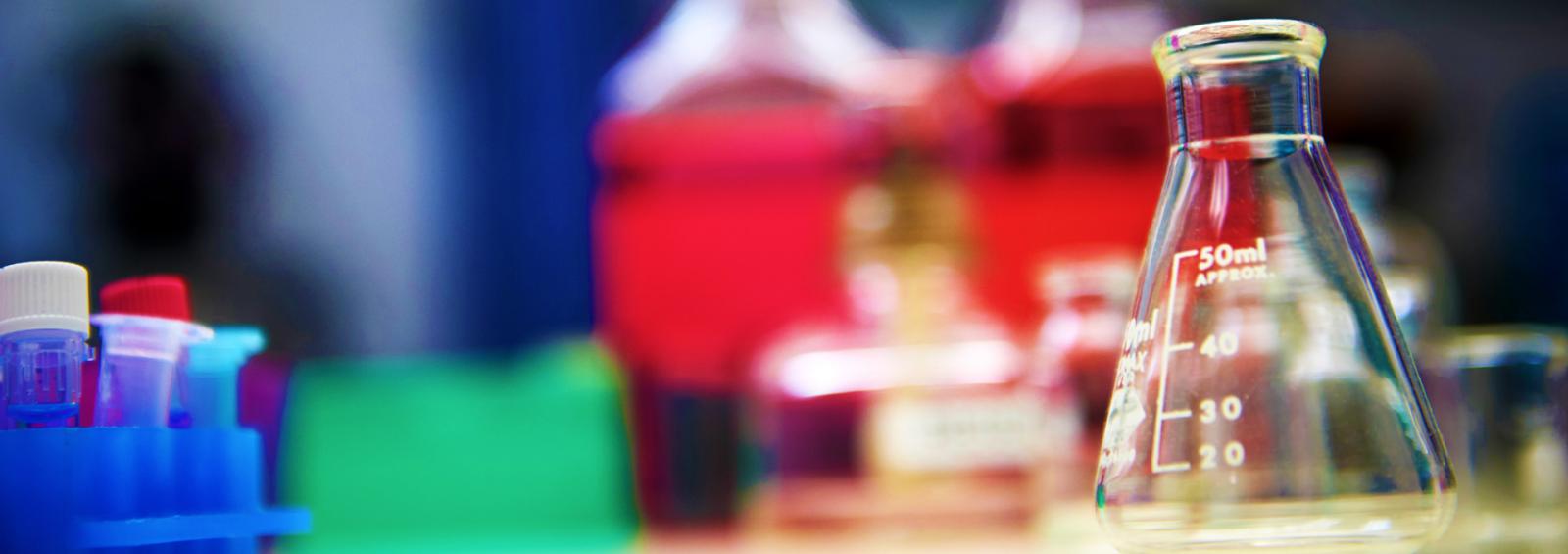
The Department of Biochemistry and Molecular Pharmacology at NYU Langone Health has a rich and distinguished history and maintains active research programs in epigenetics, genome integrity, protein degradation, cell cycle control, drug design, and cancer biology.
Research interests in the department include single-molecule and crystallographic investigations of protein macromolecules, analysis of the molecular basis of cell division, and the elucidation of the cellular signaling pathways involved in growth control and DNA repair. In the following videos, faculty members in the Department of Biochemistry and Molecular Pharmacology highlight the innovative research taking place in their labs.
Our faculty have received an average of $22.5 million in funding each year for the past 5 years. This funding comes from an array of federal and private sources, including the National Institutes of Health, the Howard Hughes Medical Institute, the American Cancer Society, the U.S. Department of Defense, and the New York State Department of Health.
We invite you to learn more about our faculty, educational programs, and events.
Serine tRNAs compete to regulate the mRNA translation of serine-sensitive codons
Read More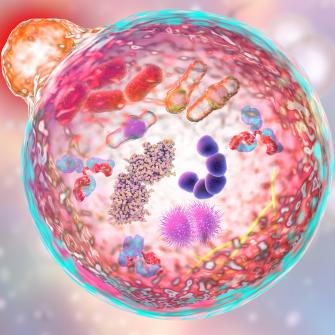
RIT1 Drives Oncogenic Transformation and Is an Actionable Target in Lung Adenocarcinoma
Read More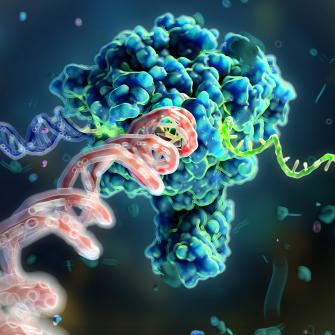
Molecular basis for noncanonical transcription initiation from Np4A alarmones
Read More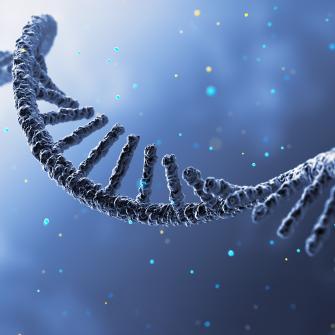
Faculty

Education
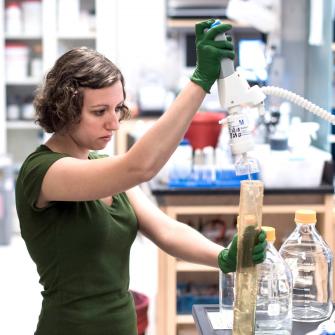
Events

Related News

Notable Honors & Awards at NYU Langone, December 2025

New Treatment Gets a Wheelchair-Bound Boy Back on His Feet

Experimental Compound Shows Promise for Rare Disease

Mechanism Rewires Metabolism for Weight Loss

Gift Paves Way for Future Biomedical Breakthroughs

Vital Genetic Mechanism Detailed

Newfound Role for Cancer Gene Could Improve Key Drug Class

New Biologic Could Target Cancer-Causing Proteins
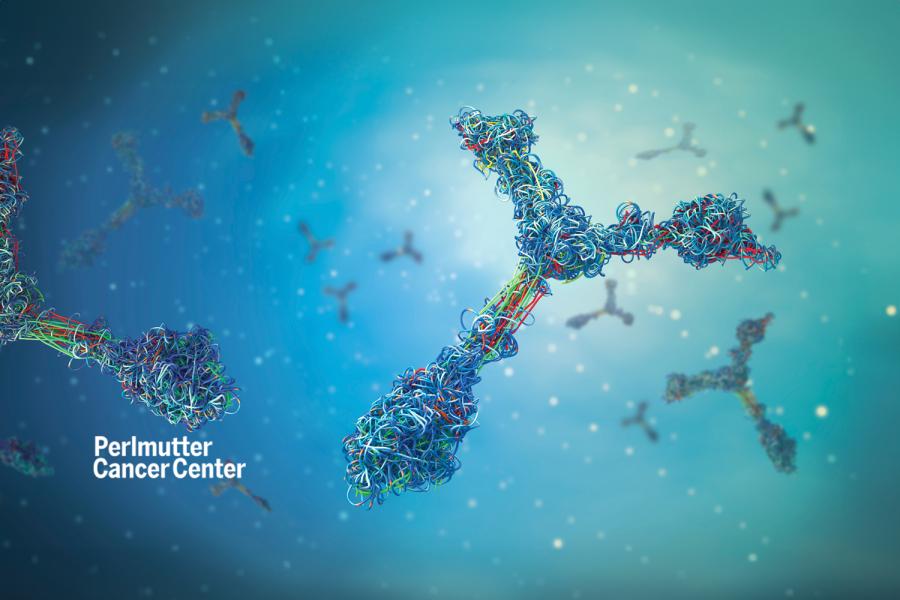
New Strategies Revealed to Treat Cancer, Autoimmune Diseases

Genetic Change May Explain Why Humans Don’t Have Tails

Technique Reveals Widespread Genetic Regulatory Mechanism
